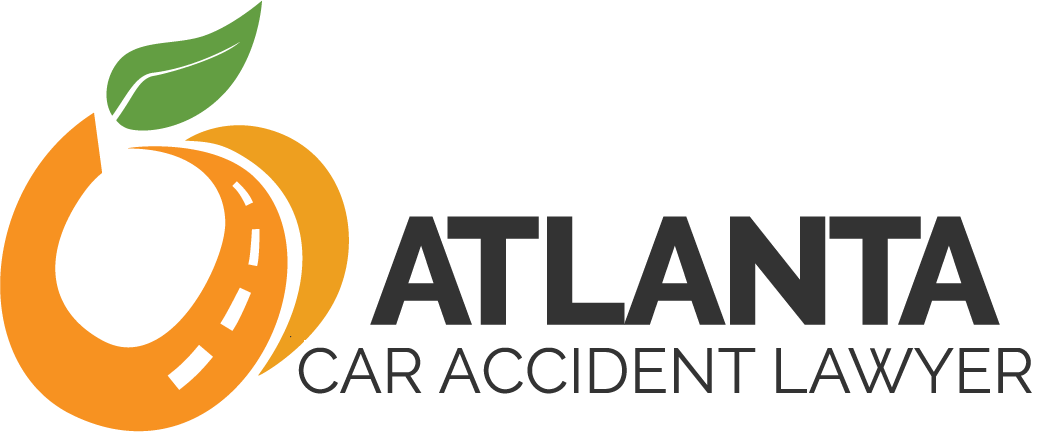
The arbitration process is a way of settling an auto accident case without going to trial. In arbitration, a single arbitrator, instead of a 12-person jury, decides the case’s outcome, and the procedure might be completed in as little as one day.
Although arbitration is a time-saving and cost-effective alternative to a trial, understanding its impact on your settlement is crucial. An Atlanta car accident lawyer will carefully evaluate your case, helping you decide which legal option is in your best interest.
Contact us now for a free consultation, or keep reading to learn more about the car accident arbitration process.
Understanding the Arbitration Process in Car Accident Claims
If, during negotiations with your car accident attorney, the at-fault party’s insurance company refuses to present a fair settlement, arbitration is an alternative means of resolution without going to court. In car accident claims, opting for arbitration is typically a voluntary decision.
Throughout the arbitration proceedings, their role involves attentively listening to each side and subsequently making a decision about the case’s outcome.
The Arbitrator’s Role
The arbitrator’s responsibility is not to facilitate an agreement between both parties but rather to carefully consider the evidence and arguments presented by each side and arrive at a settlement decision.
Initiating arbitration for a claim requires mutual agreement from both parties to pursue this route. Additionally, both sides must come to a consensus on the selection of the arbitrator, a critical decision where the guidance of an experienced attorney proves invaluable. The arbitrator must meet state requirements.
Ensuring Neutrality
Your attorney plays a crucial role in ensuring that the chosen arbitrator is a neutral third party without any biases favoring the defendant or defense positions in general.
Hearing Each Side’s Presentation
Arbitration resembles an informal, private trial, with the arbitrator acting as a judge. Throughout the session, your attorney has the opportunity to:
- Deliver an opening statement, giving an overview of the case.
- Present your account of the events surrounding the accident and resulting damages.
- Introduce evidence supporting your case.
- Call witnesses to testify on your behalf, including relatives or caregivers, who can discuss the impact of the accident on your life.
- Allow you to testify about your situation.
- Cross-examine witnesses for the defense.
- Conclude with a closing argument.
The defense is given similar opportunities, including making an opening statement, calling or cross-examining witnesses, presenting evidence, and delivering a closing statement.
Rendering a Decision
After the presentations, the arbitrator needs time to review the data that each side provided. The review’s duration depends on the circumstances of the case and ranges from hours to days. Generally, arbitrators issue decisions within days or weeks of the arbitration session.
In a “binding” arbitration, the arbitrator’s decision is final and cannot be appealed. Conversely, in “non-binding” arbitration, the decision is not legally enforceable and may be regarded as advisory.
In such cases, parties have the option to reject the decision and proceed to trial if they find it necessary.
The Difference Between Arbitration and Litigation
Litigation involves going through the court system, ending in a jury deciding your case’s outcome unless a settlement agreement is reached before the trial date. On the other hand, arbitration bypasses the court system.
Key differences between arbitration and litigation encompass:
- Time: Arbitration stands out as a more efficient process. Unlike a trial, which involves extensive rules and formalities, arbitration minimizes opportunities for objections and cross-examinations.
- Decision-makers: In arbitration, a single arbitrator (although some cases may involve a panel of three) determines the claim’s outcome. In contrast, a 12-person jury makes the decision after a trial.
- Standards: Arbitration has more relaxed standards of evidence compared to a trial. For instance, an arbitrator may permit the admission of hearsay as evidence.
- Discovery: Before a court trial, there is a discovery period where each side must disclose the evidence they have to the other. Arbitration, however, has less stringent requirements. Consequently, you and your attorney may not see the other side’s evidence until the day of arbitration.
- Cost: Arbitration is significantly cheaper than litigation. The streamlined process contributes to reduced expenses, making arbitration a more financially accessible option.
Arbitration vs. Mediation: Understanding ADRs in Georgia
Arbitration and mediation, both categorized as alternative dispute resolutions (ADRs) in Georgia, serve as mechanisms for resolving car accident claims. However, their approaches differ. In mediation, a mediator assists both parties in reaching a settlement through compromise.
In arbitration, the sides present their positions to the arbitrator, who independently determines the outcome without further discussion with either party.
Pros and Cons of Arbitration
While trial or arbitration outcomes are unpredictable, your attorney’s insight into each process and your case allows them to weigh the pros and cons. For instance, juries often decide emotionally, while arbitrators do not. If your case relies on sympathy, losing that advantage in arbitration may be a consideration.
Conversely, arbitration may be preferable if your case is not particularly solid. It also allows for a “high-low” agreement, establishing minimum and maximum payments agreed upon by both parties. A skilled car accident lawyer aids in this decision-making process, positioning you for a favorable outcome.
Reach Out to an Atlanta Car Accident Law Firm
If you’re facing the aftermath of a car accident, one of our Atlanta car accident lawyers can guide you through the complexities of arbitration or litigation. Our experienced attorneys are well-versed in personal injury law and offer free consultations to help you determine the optimal path for your case.
Whether through insurance negotiation, arbitration, or litigation, we are here to help you pursue a fair settlement or court award. Contact us now for a free consultation, and let us fight for the compensation you deserve.





